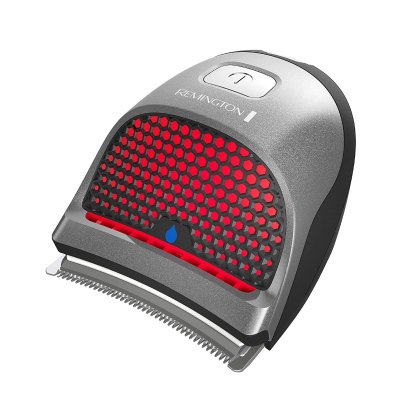I keep a spreadsheet of frugal hacks with amount of time each one would take to complete and the twenty year savings, and then calculate an hourly rate on my time. I try to focus on the ones with the highest payback, which as Rodi says are usually recurring costs.
We were probably wasteful spenders before we retired, so we had a lot of fat we could cut that improved, or at least didn't negatively impact, our lifestyle. We have hundreds of hacks, so I'll just list some entertainment ones in this post.
We make good use of community services like the library, local senior clubs, parks, beaches, college events and community sponsored events. In non-pandemic times, all the suburbs in spring to fall in our area have free outdoor concerts at parks, usually in nice picnic locations, with some very good bands. They seem to stagger them on different nights of the week to not compete with each other, so it is pretty easy to go out almost every night.
I follow on Facebook all the local park districts, state parks, college theater and music departments, local theater companies, tourist boards, favorite bands, etc. to see what activities they have planned for the week. Often there will be unadvertised specials, like free preview tickets. Once I bought tickets for a preview play / symphony performance at U.C. Berkeley with over 100 actors and musicians for $10 a ticket. Some of the members of famous bands that are locals will sometimes play small venues and dive bars with their friends just for fun, so I follow them if they have public social media accounts. The local tourist areas often have many events to attract visitors, like Napa usually has all sorts of musics crawls, outdoor concerts and festivals, many of which are free. In Napa we also usually have some kind of winery passport and a state parks pass we can use as well. For seat filler tickets, we've seen symphonies, ballets, lots of touring Broadway plays and been to foodie events with Michelin rated restaurants and at the CIA (the culinary one, not the spy agency) all just with last minute ticket deals.
Every year I buy an assortment of annual passes / memberships for gardens, zoos, museums, seat filler memberships, winery passes, parks, and theater memberships. I spend $500 - $1K every year in annual passes, and then a lot of what we do is free or cheap, plus the membership fees help support local parks and arts and culture. Like our local Costco one year had a pass for 36 wineries for $100 per person. Most of the gardens, zoos, and museums and other cultural attractions are in reciprocal programs like NARM, ROAM, AHS or ASTC, so buying one pass will get you free admission into hundreds of other similar institutions throughout the state / U.S.. Our local library has free and discount passes to around 70 cultural attractions. If you are a vet, Vet Tix has free unsold Ticketmaster and other event type tickets. The parks districts often have free or inexpensive events, like mine tours, boat tours with a naturalist, llama trips (haven't done that one yet) and hikes. Most here probably know this but lifetime National Parks passes for seniors are $80.
For dining out I like restaurant.com coupons for half off. Or we take advantage of happy hours and early bird specials. We like to go out for ethnic food like Indian or Thai, the kind of food Berkeley calls its Gourmet Ghetto. Some local restaurants have specials like 1/2 off pizza or burger on a certain week day. For movies we go on $5 Tuesdays.

